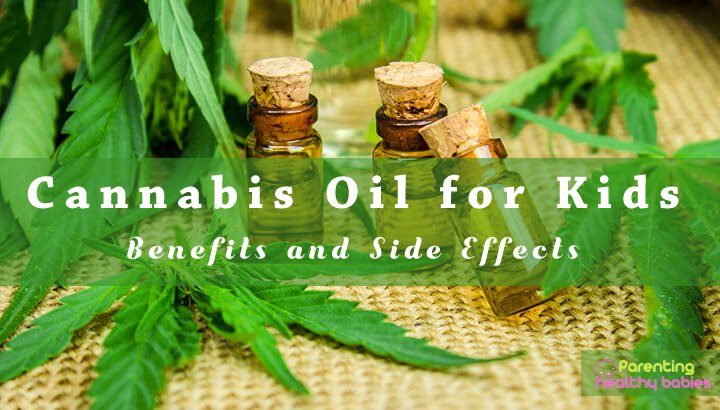Allergic reaction, increased blood pressure, serotonin syndrome on rare occasions, serious side effects and miscellaneous side-effects are some of the effexor while breastfeeding.
Pregnancy is perceived as a positive phenomenon in society, and rightly so. It brings with it the promise of new life and the means of perpetuation of human society and values. Couples often find it difficult to be pregnant, trying to conceive for many years before it finally happens and when it does it fills everyone with joy and love. Specialized doctors can help couples to get pregnant and there are specific branches of study that can help couples seek out aid if necessary. Seldom is the shady side of pregnancy stressed on and postpartum depression is something that plagues a lot of women, even after the child has been delivered and is healthy.
Effexor is the key for such women, helping them get better and care for their child better. While many studies have rules in favour of the use of effexor during breastfeeding, there have been exceptions as well. Women have often showed effexor side effectsand have had to consult medical professionals to either reduce their dosage or change the prescribed medication altogether.
A Guide for Effexor While Breastfeeding
What is effexor?
In order to understand the effects of effexor and whether or not effexor during breastfeeding is harmful for a woman or her baby, it is important for us to understand what the medication really means.
Effexor is the registered name under which venlafaxine is marketed, which is a anti-depressant belonging to theserotonin-norepinephrine reuptake inhibitors (SNRIs) group. It is a medicine prescribed to treat psychological issues rather than physiological ones, like depression, anxiety and recurrent panic attacks. While effexor may be prescribed for conditions such as ADHD, diabetic neuropathy, bipolar disorder and social anxiety among others, it is a common medicine prescribed for postpartum stress and depression as well. When prescribed for depression after the delivery of the child, effexor during breastfeeding may have effexor side effectsthat can tamper with the production of milk in the body of a new mother.
Is it safe to use effexor while breastfeeding?
Antidepressants are usually steroid-based medicines thatcould theoretically affect your milk production. In a way you are right to question the effexor side effects during breastfeeding. But the composition of venlafaxine may be deemed to be safe as most of the components occur naturally in breast milk. Most studies centred around effexor during breastfeeding have concluded that the medicine is harmless for the baby.
However it is best to keep watch on your infant in case of an increased tendency to sleep. It is pertinent that you monitor your child’s weight gain to make sure that their health remains unaffected. To be extra careful, consult a medical professional to see if effexoris hurting your baby in any way. Some of the ways in which the medicine can benefit a new mother are as follows:
- Depression
- General Anxiety Disorder
- Social Anxiety Disorder
- Panic disorders
5 Serious side effects of using effexor while breastfeeding
Some of the side-effects of using venlafaxine may be stated as effexor side effects during breastfeeding. Here are a few points to remember:
Allergic reaction
An allergic reaction to effexor is extremely rare, but not impossible. If you see a rash, itching or swelling, make sure that you consult your doctor right away.
Read More: Benefits Of Breastfeeding For Your Baby
Increased blood pressure
Taking effexor during breastfeeding can still increase your blood pressure. Keep monitoring yourself through the period of breastfeeding and seek out medication for high blood pressure if you so require.
Serotonin syndrome on rare occasions
Sometimes the serotonin based medicine effexor may cause a serious condition called serotonin syndrome, where the full body becomes toxic. The chances of this happening are even more if you are taking other medicines that are also based on serotonin.
Serious side effects
If you have a persistent cough that doesn’t go away, easy bleeding or bruising, or tremors along with a decreased sense of libido and altered sexual ability, make sure to approach your doctor right away. Hallucinations, severe dizziness.
Read More: 7 Foods to Avoid While Breastfeeding Your Baby
Miscellaneous side-effects
A reaction to effexormay manifest in different ways from person to person. From dizziness and drowsiness, nausea, dry mouth and loss of appetite to insomnia, unusual sweating and many other symptoms, no matter how effexor affects you, go to a medical professional and ask for a substitute for effexor. Heartburn and heartaches, chest pain are also among the many possible side effects.
When to go to a doctor?
If you take note of one of the symptoms mentioned above while taking effexor, in a way that seems severe and if the side-effect refuses to go away, you should immediately consult your doctor. Make sure that you are off effexor and start taking a more compatible medication to treat your anxiety and depression.
If your baby is not gaining weight in a normal and healthy manner and you are on venlafaxine, it might be an effexor side-effect. Make sure to consult your doctor in case your baby is sleeping more than usual.
Read More: 11 Amazing Tips to Wean your Child from Breastfeeding
Benefits over risk
It is pertinent to remember that depression and anxiety, especially in the post-partum phase are important and need to be taken seriously. Effexor helps with that and is largely deemed friendly to the anatomy of most lactating mothers. If your doctor has prescribed you venlafaxine, he or she must have taken into account the side-effects of taking effexor during breastfeeding. If at all you feel the medication to be unsuitable, you need to consult a doctor about substitute medication. You cannot simply cut yourself off effexor as that might backfire and cause more harm to your mental health.
References
https://www.drugs.com/breastfeeding/venlafaxine.html













